Before we get started on looking at the 'Silk Road'...
Silk Road Group WebquestTASK:
HW: Silk Road |
Mrs. Stewart's CourseYou'll find a daily agenda posted here for each day that class meets Archives
May 2020
Categories |
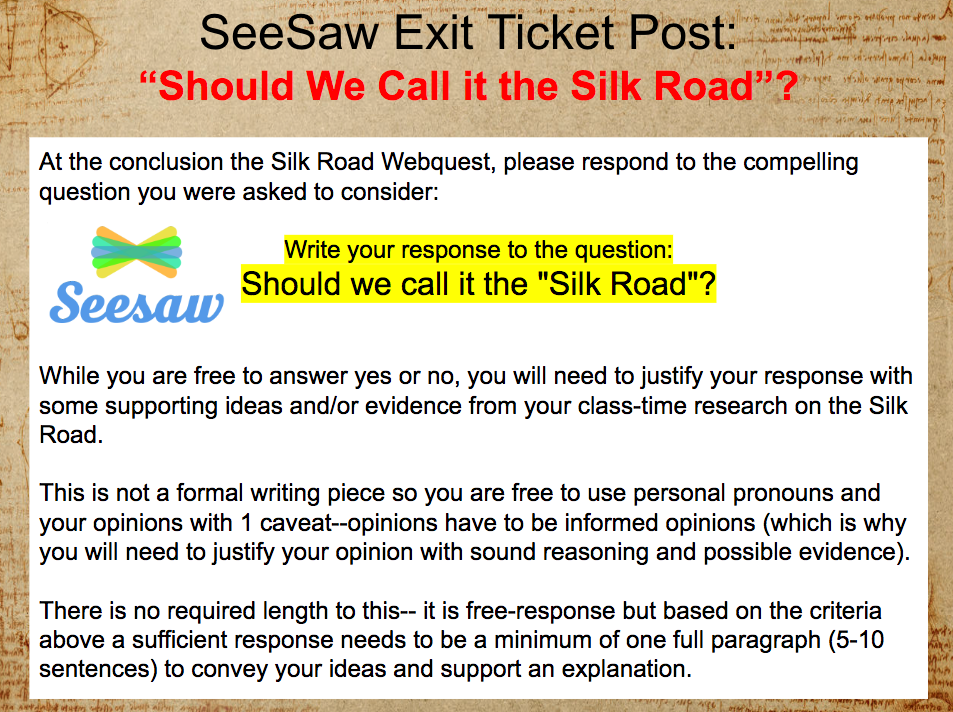
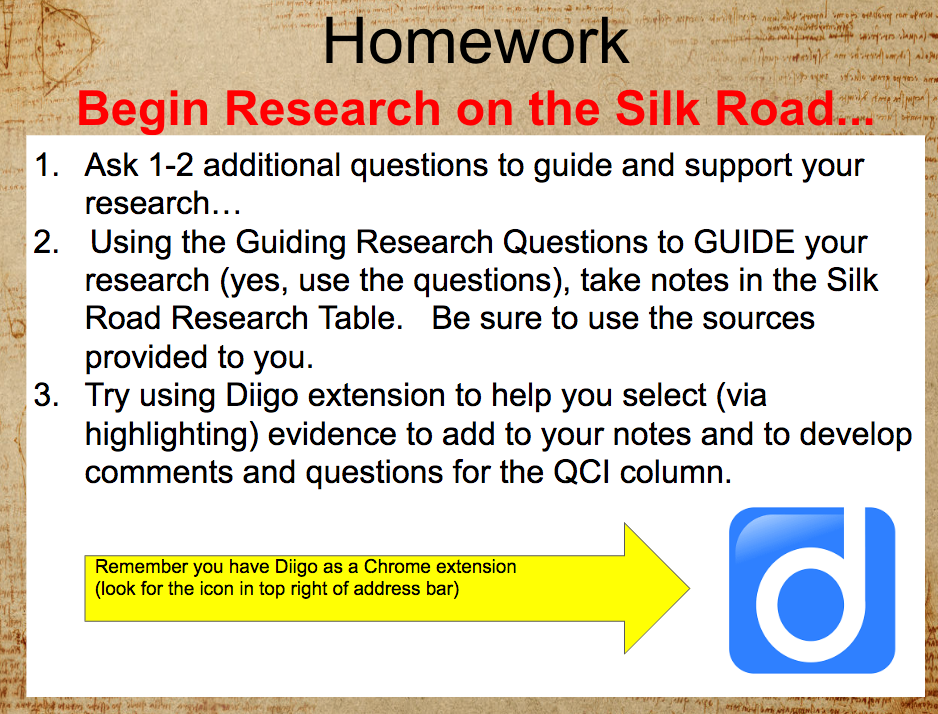
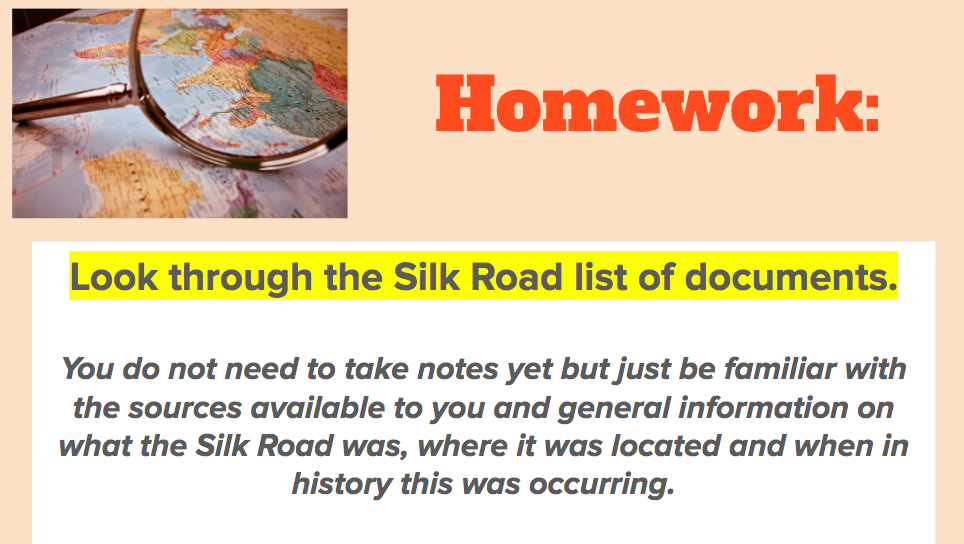
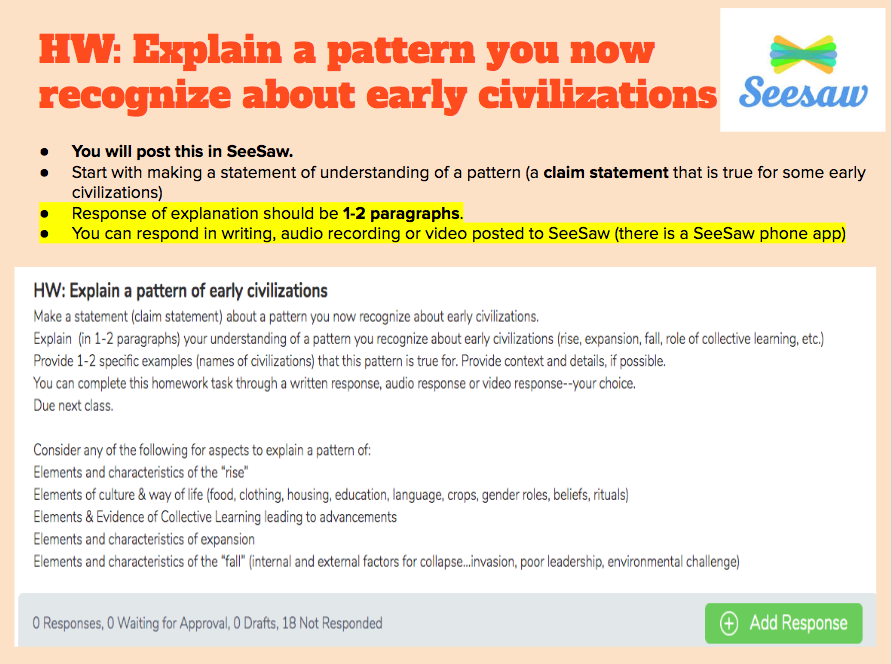
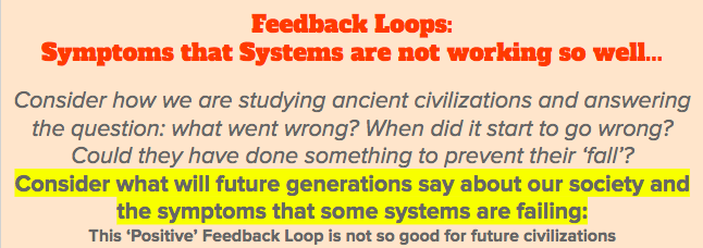
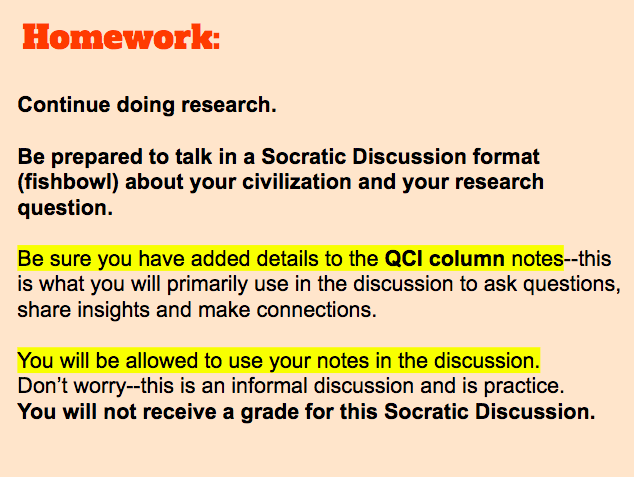


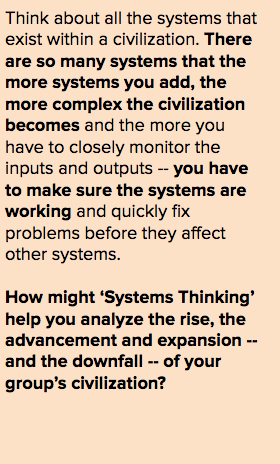
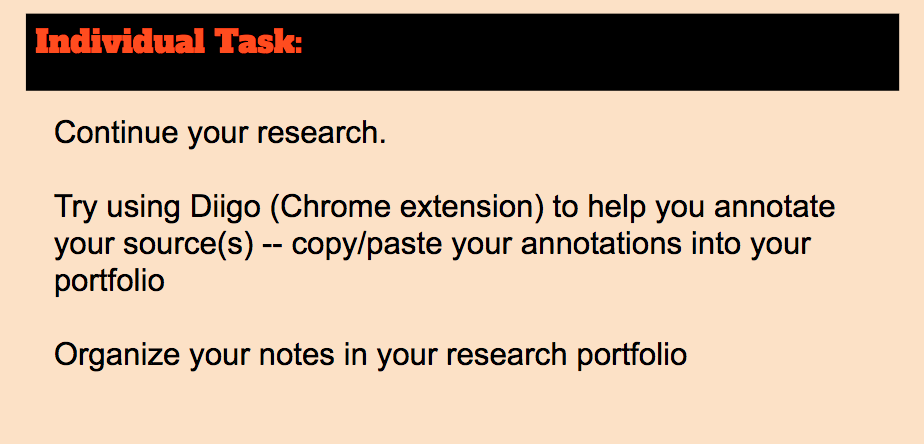
 RSS Feed
RSS Feed